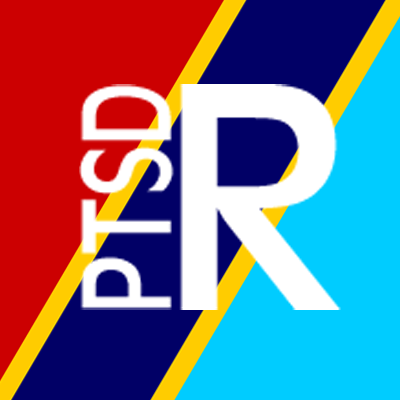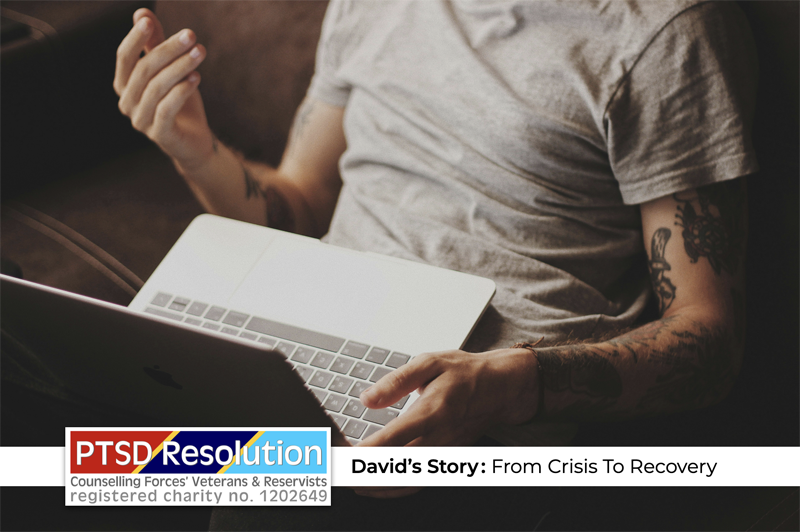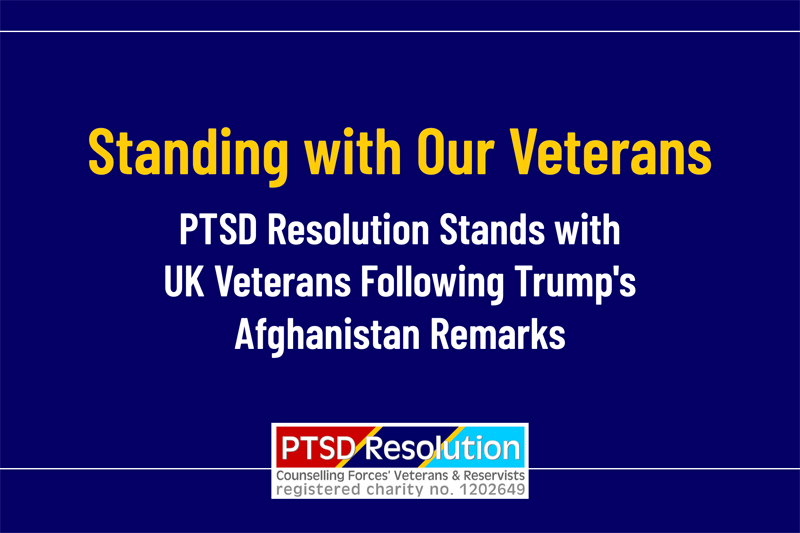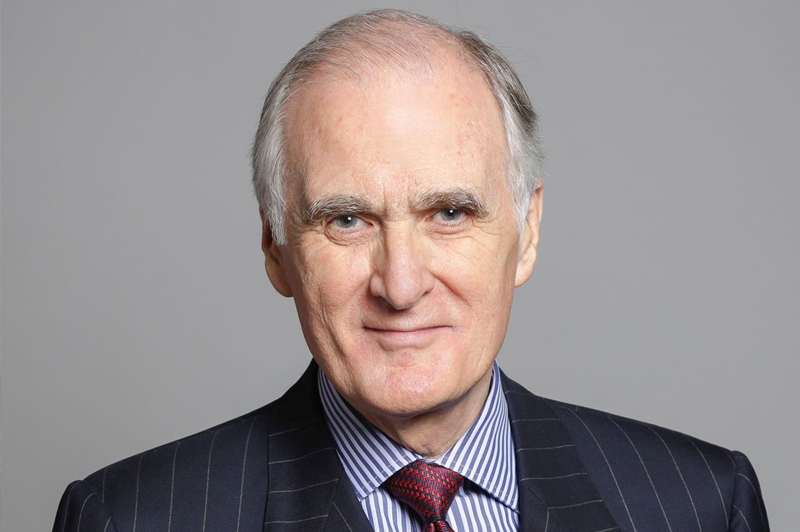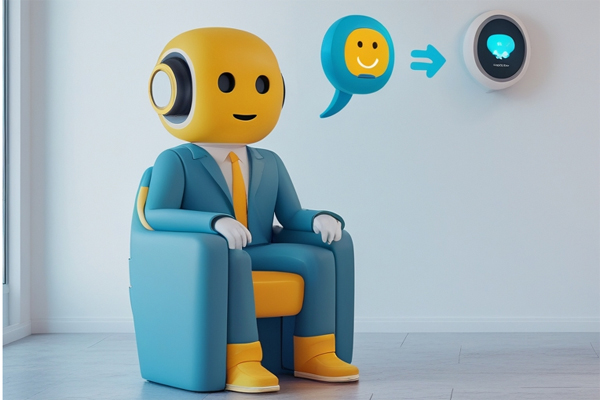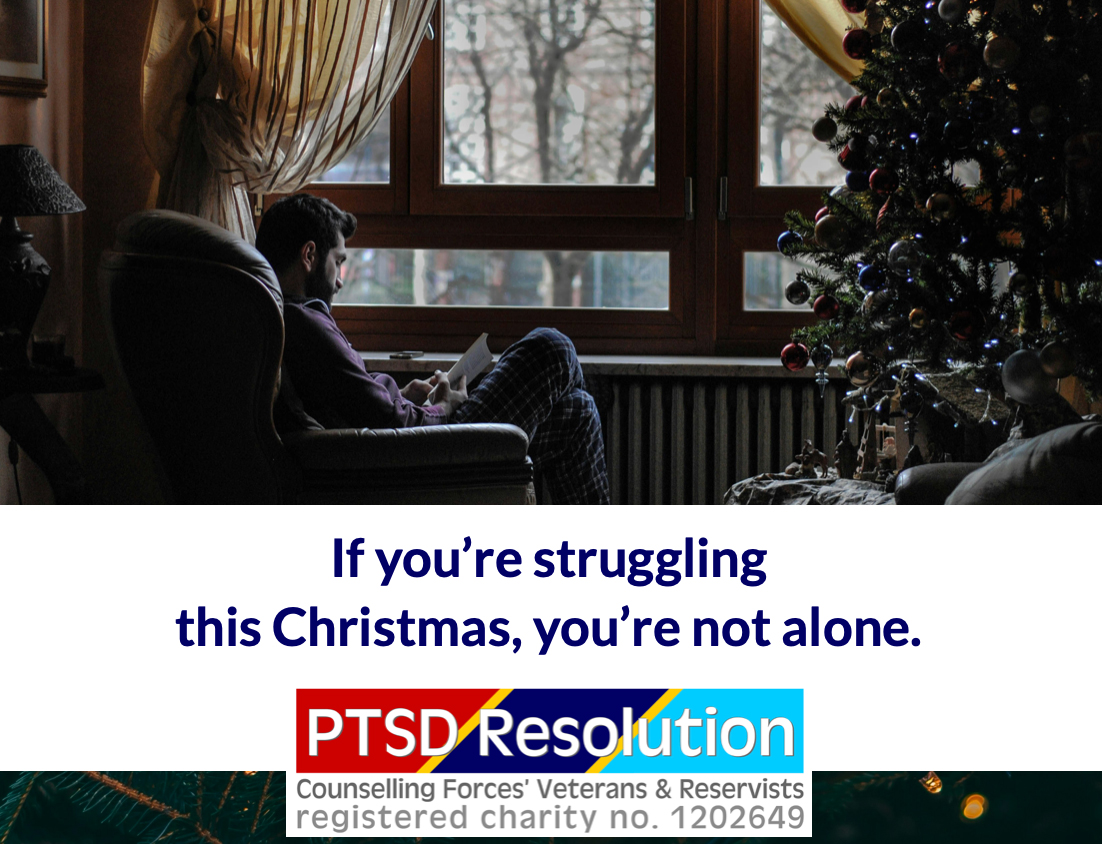AI Injury: Why Human Connection Matters More Than Ever in Mental Health
ID: 05/08/25
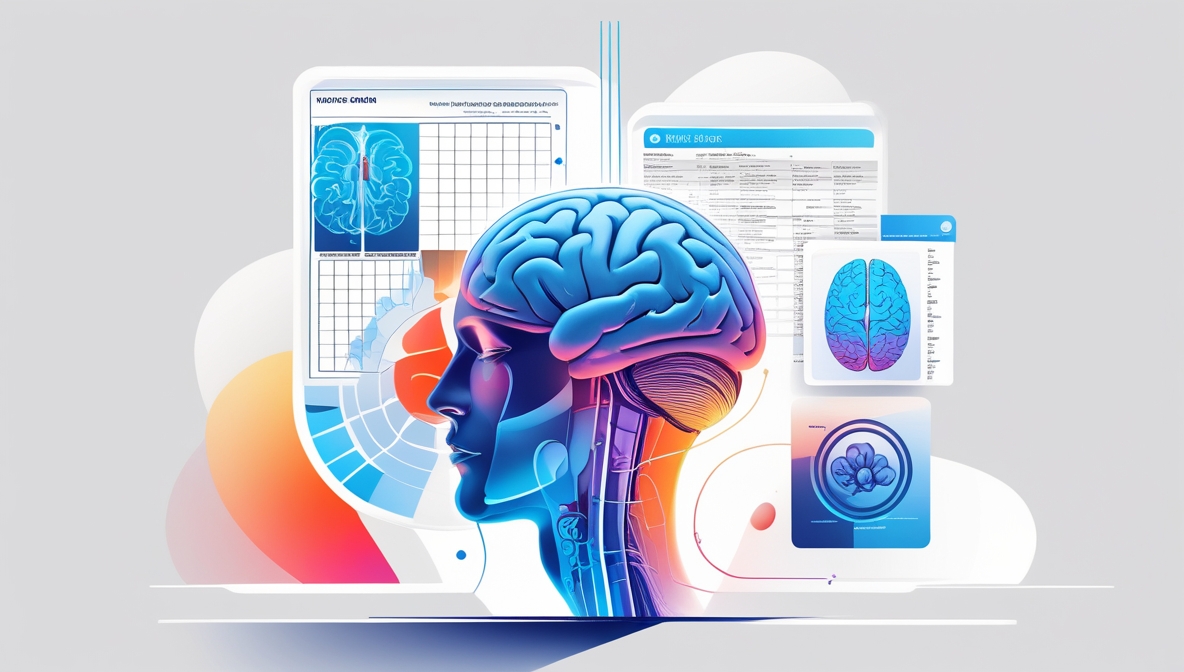
Mental health professionals are raising concerns about a disturbing new phenomenon where artificial intelligence chatbots appear to be worsening psychological disorders and creating new forms of psychological harm – we term 'AI Injury'.
Mental health experts are witnessing an alarming trend where individuals seeking emotional support from AI chatbots are experiencing psychological deterioration rather than healing – according to ‘Psychology Today’, July 21, 2025. This emerging condition, which we might call "AI Injury," represents a significant departure from the therapeutic benefits that come from authentic human connection.
PTSD Resolution, a leading UK mental health charity that has successfully treated over 4,500 veterans and their families, emphasises the critical importance of human-delivered therapy. Chairman Colonel Tony Gauvain (retired) says:
"Whilst AI tools certainly have accessibility benefits, they fundamentally lack the nuanced understanding, empathy, and genuine human witness that effective therapy requires. Our experience with Human Givens Therapy shows that real healing happens through authentic human connection, not algorithmic responses."
The Rise of AI Injury
Unlike traditional therapy that focuses on meeting fundamental human emotional needs through genuine relationships, AI interactions create a dangerous illusion of connection whilst simultaneously reinforcing isolation. This contradiction appears to be fueling psychological distress, particularly amongst those already struggling with mental health challenges.
Research published in Schizophrenia Bulletin warns that generative AI's realistic responses create cognitive dissonance that could trigger delusions in vulnerable individuals. The technology's opaque functioning provides fertile ground for paranoid speculation and unhealthy attachment patterns.
A preliminary research paper examining over twelve documented cases reveals three distinct patterns of AI Injury:
- "Messianic missions": People believe they have uncovered fundamental truths about the world through AI interactions (grandiose delusions)
- "God-like AI": People believe their AI chatbot possesses genuine sentience or divine qualities (religious or spiritual delusions)
- "Romantic attachment delusions": People mistake the chatbot's programmed responses for genuine emotional connection (erotomanic delusions)
The Human Cost
Particularly concerning are reports of previously stable individuals discontinuing prescribed medications after AI interactions, subsequently experiencing severe psychiatric relapses. Even more alarming are accounts of people with no previous mental health history developing delusional beliefs following extended AI engagement, resulting in hospitalisation and suicide attempts.
One tragic case involved a man with existing psychological difficulties who became romantically obsessed with an AI chatbot. When he believed the AI had been "killed" by its creators, he sought revenge, leading to a fatal police encounter.
The Human Givens Alternative
In contrast to the isolation and confusion created by AI interactions, Human Givens Therapy - as delivered by PTSD Resolution's network of 200 qualified therapists - focuses on meeting fundamental human emotional needs through genuine therapeutic relationships.
Gauvain explains: "The Human Givens approach recognises that humans have innate emotional needs including security, connection, autonomy, and meaning. These needs can only be met through authentic human interaction. AI chatbots, no matter how sophisticated, cannot provide the genuine emotional intimacy and understanding that healing requires."
PTSD Resolution's evidence-based approach demonstrates remarkable success rates, with 68% of clients achieving reliable improvement and 82% completing their treatment programmes. The charity's Human Givens therapists provide what AI fundamentally cannot:
- Genuine empathy and emotional attunement
- Real-time adaptation to client needs
- Professional assessment of risk and safety
- Authentic human witness to suffering
- Skilled recognition of emotional cues and non-verbal communication
The Critical Difference
Malcolm Hanson, Clinical Director of PTSD Resolution, highlights the stark contrast: "AI tools might provide information, but they cannot offer the therapeutic presence that enables genuine healing. When someone shares their deepest trauma or contemplates suicide, they need a skilled human professional who can provide appropriate intervention, not an algorithm programmed to continue conversations."
The charity's approach is particularly effective because it addresses the root causes of psychological distress - unmet emotional needs - rather than simply providing automated responses. This human-centred method has proven successful even with complex cases, including veterans with substance abuse issues, those in prison, and families affected by secondary trauma.
Protecting Vulnerable Populations
The emergence of AI Injury particularly threatens those most in need of genuine support. Veterans, who already face stigma around seeking help, may be drawn to the perceived anonymity of AI interactions, only to find their conditions worsening.
"Veterans have already shown tremendous courage in serving their country," notes Charles Highett, CEO of PTSD Resolution. "They deserve the respect of genuine human therapeutic support, not the false promise of connection offered by artificial systems. Our evidence shows that when we provide prompt, local, and authentic human care, lives are genuinely transformed."
The Way Forward
As AI becomes increasingly prevalent, the mental health community must advocate for human-centred approaches to psychological care. Whilst AI may have utility in basic information provision, the treatment of trauma, depression, anxiety, and other serious mental health conditions requires the irreplaceable elements of human therapeutic relationships.
PTSD Resolution's success - treating clients in an average of seven sessions with lasting improvements - demonstrates that effective, efficient mental health care is possible through skilled human intervention.
For those seeking genuine mental health support, particularly veterans and their families, PTSD Resolution offers free, prompt, and effective therapy through their national network. Unlike AI interactions that may worsen conditions, Human Givens Therapy provides the authentic human connection necessary for genuine healing and recovery.
The choice is clear: genuine human therapeutic relationships that heal, or artificial interactions that may harm. The evidence strongly supports choosing human connection over artificial alternatives when mental health is at stake.
Frequently Asked Questions
What warning signs suggest someone might be developing unhealthy patterns with AI mental health tools?
Watch for increased isolation despite frequent AI interactions, changes in sleep patterns from extended chatbot sessions, expressing beliefs about the AI having special knowledge or feelings, and deteriorating real-world relationships. If someone starts attributing human qualities to AI or making major life decisions based on chatbot advice, professional human support should be sought immediately.
How quickly can veterans access human therapy through specialist mental health services?
PTSD Resolution typically arranges initial contact within 48 hours of registration, with first appointments scheduled within 12 days on average. This rapid response contrasts sharply with NHS waiting times and ensures support reaches those in crisis promptly. No GP referral is required, removing another barrier to accessing care.
Why do some people choose AI chatbots over professional therapists initially?
Many seek AI support due to perceived anonymity, 24/7 availability, fear of judgement, or previous negative therapy experiences. Cost concerns and stigma around mental health also drive this choice. However, these perceived benefits often mask the limitations and potential dangers of relying on algorithmic responses for complex emotional needs.
Can family members develop secondary trauma from living with someone experiencing PTSD?
Yes, family members frequently develop their own trauma symptoms through exposure to a loved one's distress. Partners may experience hypervigilance, children might develop anxiety, and households often struggle with communication breakdowns. Professional family therapy addresses these ripple effects, helping entire family units heal together rather than in isolation.
What makes Human Givens Therapy different from traditional counselling approaches?
Human Givens Therapy focuses on identifying and meeting fundamental emotional needs rather than endlessly discussing past events. Sessions are typically briefer, averaging seven sessions total, and emphasise practical techniques for emotional regulation. Therapists use metaphor and imagination to process trauma without requiring detailed retelling of distressing events.
Are there situations where technology could appropriately support mental health treatment?
Technology works best as a supplement, not replacement, for human therapy. Appointment scheduling apps, mood tracking tools, and educational resources can enhance treatment. Video therapy sessions maintain human connection whilst improving accessibility. However, core therapeutic work requires genuine human presence, particularly for trauma, crisis intervention, and complex mental health conditions.
How do therapists identify when someone needs immediate intervention versus ongoing support?
Trained therapists assess risk factors including suicidal ideation, self-harm behaviours, substance use patterns, and social support systems. They recognise subtle verbal and non-verbal cues indicating crisis escalation. This professional judgement, developed through training and experience, enables appropriate intervention timing - something algorithmic systems cannot reliably replicate.
What costs do veterans face when seeking mental health support through different channels?
PTSD Resolution provides completely free therapy to all UK veterans, reservists, and eligible family members, funded through charitable donations. Private therapy typically costs £60-150 per session. NHS services are free but often involve lengthy waiting lists. AI chatbot subscriptions range from free to £20 monthly, though potential psychological harm creates hidden costs.
PTSD Resolution provides free, prompt, and effective therapy for UK veterans, reservists, and their families. Treatment costs the charity £940 per person on average and is delivered through a network of 200 qualified Human Givens therapists. For help, call 0300 302 0551 or visit www.ptsdresolution.org
Charity No. 1202649
